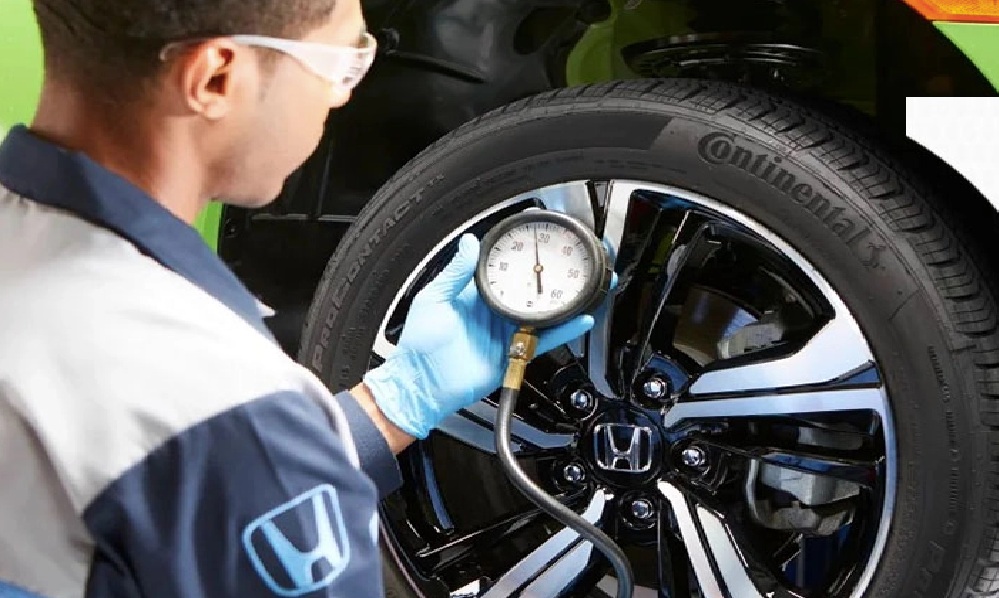When faced with selling a deceased loved one’s car, choosing to sell to a dealership can offer a straightforward and efficient solution. However, not all dealerships are equal, especially when it comes to handling sensitive situations like estate sales. Let’s take you through the process of researching dealerships and helping you make an informed decision during this emotionally challenging time.
Why Research Matters
Taking the time to research dealerships thoroughly can significantly impact your experience and the outcome of the sale. Here’s why it’s crucial:
- Fair Pricing: Well-researched dealerships are more likely to offer a fair price for the vehicle, respecting its market value and your emotional attachment.
- Smooth Process: Experienced dealerships can navigate the unique paperwork and legal requirements of selling a deceased person’s car.
- Emotional Support: Some dealerships understand the sensitive nature of the situation and can provide a more empathetic and patient approach.
- Time Efficiency: Choosing the right dealership from the start can save you time and emotional energy in the long run.
Steps for Effective Dealership Research
Start with Online Reviews
Begin your research by reading online reviews of local dealerships. Websites like Google Reviews, Yelp, and DealerRater can provide insights into other customers’ experiences. Consider reviews that mention estate sales or selling a deceased person’s car.
Check for Specializations
Look for dealerships specializing in used cars or those that have experience with estate sales. These dealerships are more likely to understand the nuances of your situation and provide appropriate guidance.
Verify Credentials
Ensure the dealerships you’re considering are properly licensed and accredited. Check with your local Better Business Bureau (BBB) for complaints or unresolved issues.
Explore Their Website
A dealership’s website can tell you a lot about its professionalism and services. Look for information about their used car buying process, any special programs for estate sales, and their overall approach to customer service.
Ask for Recommendations
Reach out to friends, family, or your estate attorney for recommendations. Personal experiences can provide valuable insights that you might not find in online reviews.
Contact Multiple Dealerships
Don’t limit yourself to just one option. Contact several dealerships to compare their approaches, pricing, and overall demeanour when dealing with your situation.
Inquire About Their Process
Ask each dealership about their specific process for handling cars from estates. How do they determine the car’s value? What documents will they need? How long does the process typically take?
Assess Their Communication Style
Pay attention to how the dealership communicates with you. Are they patient and understanding? Do they take the time to explain things clearly? How a dealership communicates can indicate how they’ll handle the entire transaction.
Look for Transparency
Choose a dealership that is transparent about its pricing and processes. They should be willing to explain how they arrived at their offer and what fees, if any, are involved in the transaction.
Consider Location and Convenience
While it shouldn’t be the only factor, consider the dealership’s location. A conveniently located dealership can make the process less stressful, especially if multiple visits are required.
Red Flags to Watch Out For
As you research dealerships, be aware of these potential red flags:
- Pressure Tactics: Avoid dealerships that pressure you into making a quick decision.
- Lack of Empathy: If a dealership seems insensitive to your situation, it might not be the best choice for handling this delicate transaction.
- Unwillingness to Explain: Be wary of dealerships’ being reluctant to explain their processes or how they determine car values.
- Poor Communication: If a dealership is difficult to reach or slow to respond during your initial inquiries, this could indicate future communication issues.
- Negative Reviews: While a few negative reviews are normal, be cautious of dealerships with a pattern of complaints, especially regarding estate sales or used car purchases.
Make Your Decision
After thorough research, trust your instincts when making a final decision. Choose a dealership that offers a fair price and makes you feel comfortable and respected throughout the process.
Remember, it’s okay to take your time with this decision. The right dealership will understand the emotional nature of selling a loved one’s car and will work with you patiently.
Prepare for the Next Steps
Once you’ve chosen a dealership, prepare for the following steps:
- Gather Documentation: Collect all necessary paperwork, including the car’s title, registration, and your legal authority to sell the vehicle.
- Clean the Car: Give the car a thorough cleaning, which can increase its value and serve as a final act of care for your loved one’s possession.
- Emotional Preparation: Selling the car might be more emotional than you anticipate. Consider having a support person with you during the process.
- Know the Car’s Value: Research the car’s value independently so you can enter negotiations with confidence.
- Ask Questions: Don’t hesitate to ask the dealership any questions you have about the process. A good dealership will be happy to provide clear answers.
Find Dealership With A Compassionate Approach
Researching dealerships is crucial in selling a deceased loved one’s car. It ensures that you’re working with a reputable business that will handle the transaction with the care and respect it deserves. By taking the time to thoroughly investigate your options, you can make this challenging task a little easier and ensure that you’re honouring your loved one’s memory in the process.
Remember, there’s no need to rush this decision. Take the time you need to find a dealership that offers both fair value for the car and a compassionate approach to your unique situation. With careful research and preparation, you can navigate this process with confidence and peace of mind.




